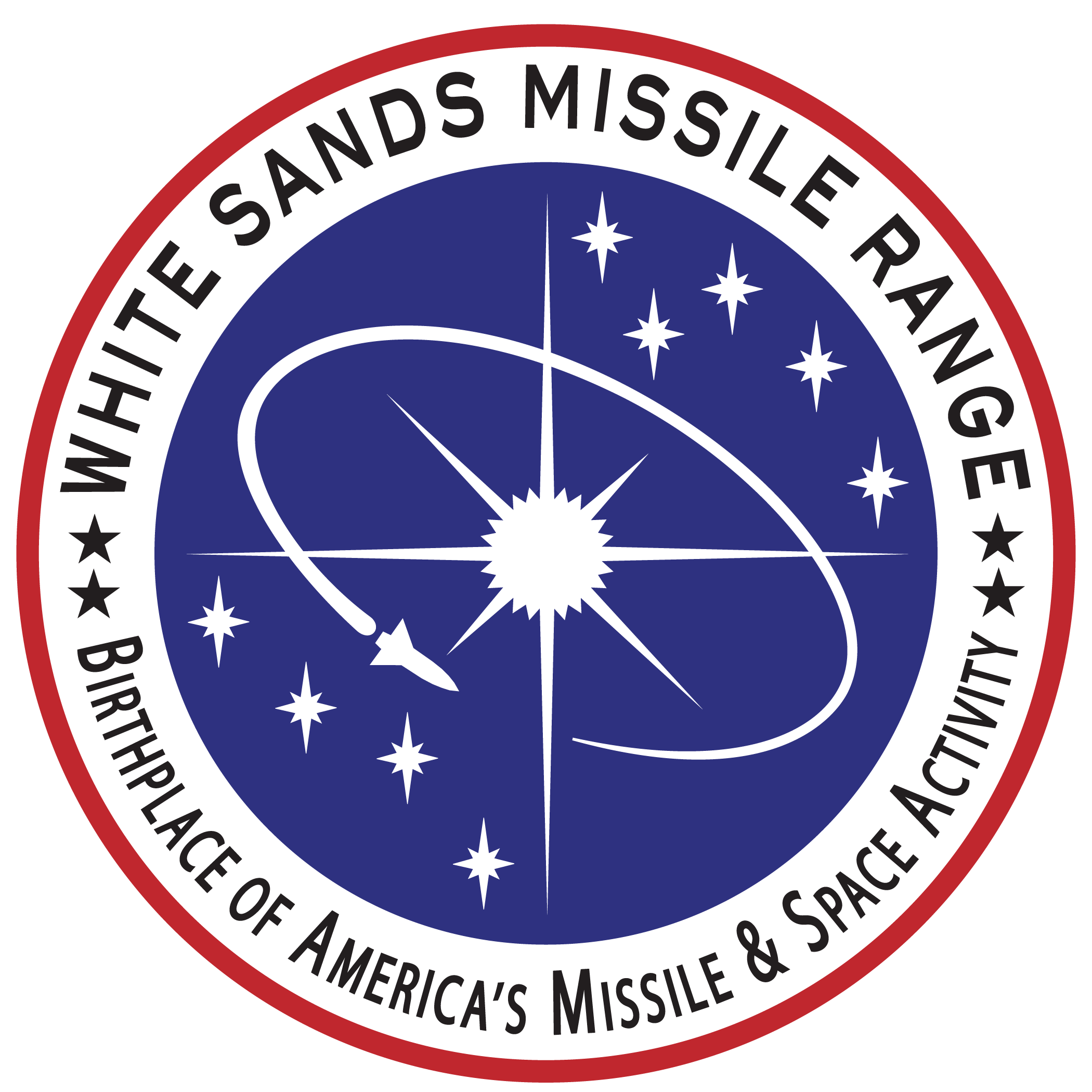
Daniel Garcia, right, with the American Red Cross, gives out information to attendees at the Sept. 23 Wellness Fair at the Professional Development Center.
WSMR Community comes out for Wellness Fair
The Army Substance Abuse Program at White Sands Missile Range hosted their second annual Wellness Fair on Sept. 23 at the Professional Development Center as part of Suicide Prevention Month with the focus on awareness.
September is Suicide Prevention Month, a vital time dedicated to raising awareness and breaking the stigma surrounding suicide. The goal during this month is to shift public perceptions, inspire hope, and share critical resources with those impacted by suicide.
Several organizations were present at the event to provide information and resources to the WSMR workforce and community.
Edwin Westbrook, Army Substance Abuse Program Manager, said his goal was to bring in a variety of organizations that could provide information and resources for all the possibility of needs because you never know what state of mind someone may be in.
The ASAP program is committed to ensuring that individuals, their families, and community have the support and tools needed to talk openly about suicide prevention and find help.
Daniel Garcia, with the American Red Cross, said events like today are important especially for service members.
“As a veteran who just finished 25 years with the Army, I feel like giving back to the armed forces and this is also a way for me to give thanks to the people I served with.”
“We are here to provide services to the armed forces through various programs available through the American Red Cross.”
Adrian Parks, an event attendee, said events like today are important for people to find resources they need. “I see a lot of it (suicide) happening in schools, which is sad to see.”
Robert Ortega, a WSMR employee, said events like the one today are important to the community because they bring awareness to suicide and substance abuse.
Suicidal thoughts can affect anyone—regardless of age, gender, or background—just like mental health conditions. While these thoughts may be more common than many realize, they are never normal and often indicate deeper challenges that require attention and care.
Miriam Rodriguez
WSMR Public Affairs




